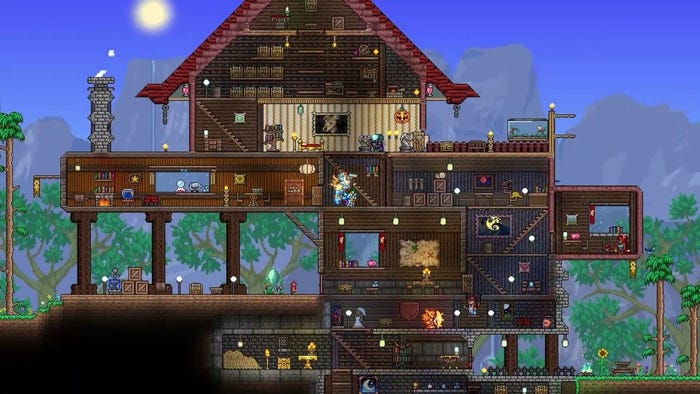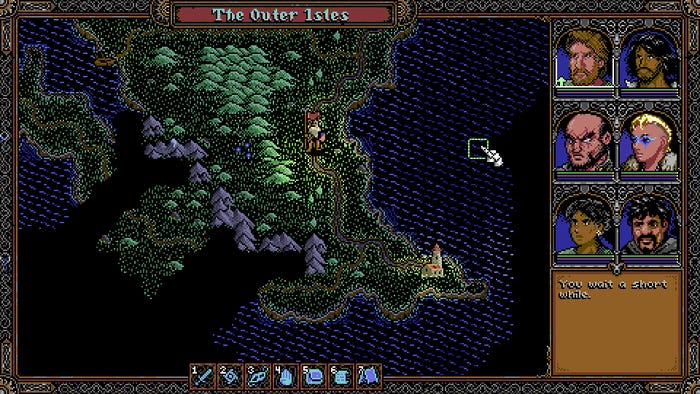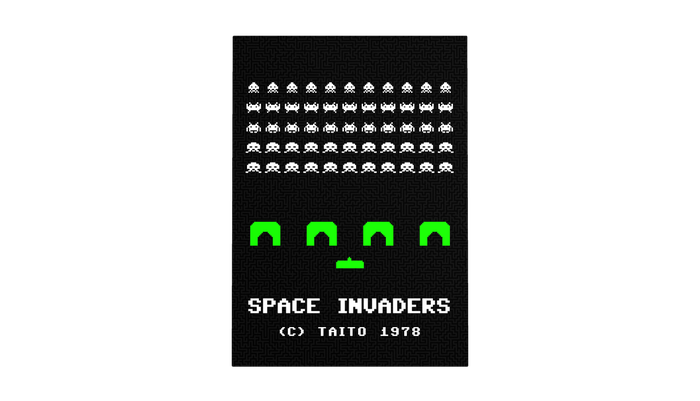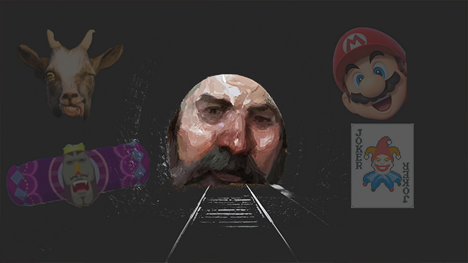Does Telltales Games difficulties sign off the death of episodic content business model?
Is there a future for episodic content business model?

 The news that the studio responsible for the renewal of episodic games is in dire straits sends a clear message to the industry: If the expert on episodic content cannot generate enough revenue to survive, is there a future for episodic games?
The news that the studio responsible for the renewal of episodic games is in dire straits sends a clear message to the industry: If the expert on episodic content cannot generate enough revenue to survive, is there a future for episodic games?
First, let’s not forget that Telltales Games has enjoyed true worldwide commercial success with The Walking Dead or The Wolf Among Us. However, those successes rested essentially on the novelty of the game experience rather that the depth of their gameplay. Nearly all episodic games, including all Telltales titles, offer gameplays inspired by those found in adventure games: Object search, contextual puzzles, dialogs and QTEs (quick time events) for their few action sequences. Those mechanisms have their own merits but they don’t match what most gamers are looking for in games.
Telltales Games was aware of that issue and attempted to innovate with the « investigation » and « action chaining » gameplays found in their Batman games. Unfortunately, it was not enough.
The situation Telltales Games is facing don’t really come as a surprise. In the past, I defended the merits of the episodic content format and promoted good practices but I also expressed the opinion that episodic games will not leave their niche if they don’t improve their gameplays.
In spite of Telltales difficulties, I still believe episodic format has strengths of its own:
It benefits, in terms of engagement and retention, from storytelling techniques that have proven their effectiveness in TV series: Multiple narrative arches, cliffhangers, diversified characters you can believe in
It makes it easier to develop characters and to foster players’ attachment to them, and indirectly, to the game
It lowers the price barrier for expensive games that are not compatible with in-app purchases or subscription models.
Furthermore, I believe that the episodic content business model is compatible with nearly all genres. In the mind of many people, episodic games are associated with adventure games but I have demonstrated in a previous Gamasutra feature that it is possible to merge effective gameplays and episodic storytelling strengths. such games already exist like Republique, the stealth game developed and published by Camouflaj.
We can expect that episodic games based on the Telltales format will have a hard time but the growing interest of publishers and studios for quality storytelling could give episodic design a new opportunity to shine.
My previous Gamasutra publications on episodic design:
The design of episodic games: Part 1, part 2, part 3
Episodic design 2.0 - Gameplay and storytelling at its best: Part 1, part 2, part 3
About the Author(s)
You May Also Like







.jpeg?width=700&auto=webp&quality=80&disable=upscale)



.jpg?width=700&auto=webp&quality=80&disable=upscale)




